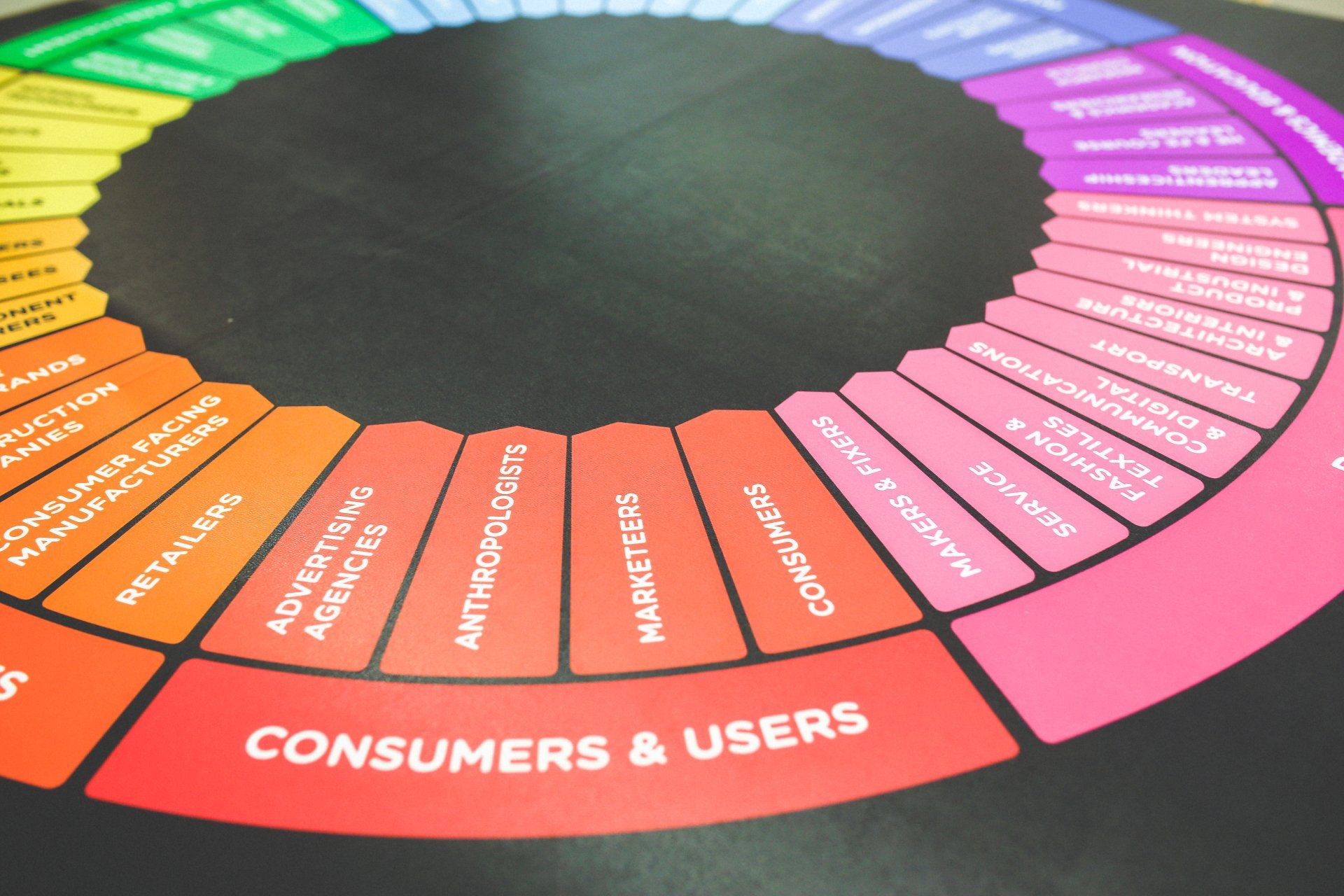The Role of Data Analytics in Modern Marketing

In the ever-evolving landscape of marketing, data analytics has emerged as a pivotal tool that drives strategic decision-making and propels businesses towards greater success. Modern marketing, characterized by its digital transformation and customer-centric approach, relies heavily on data analytics to understand consumer behavior, optimize campaigns, and achieve measurable results. In this blog post, we'll explore the key roles that data analytics plays in contemporary marketing strategies.
Understanding Consumer Behavior
At the heart of effective marketing is a deep understanding of consumer behavior. Data analytics allows marketers to gain insights into what motivates consumers, their preferences, and their buying patterns. By analyzing data from various sources such as website interactions, social media activity, and purchase history; marketers can create detailed customer profiles. These profiles help in segmenting the audience and tailoring marketing efforts to meet the specific needs and preferences of different consumer groups.
Personalization and Targeting
Personalization has become a buzzword in modern marketing, and for a good reason. Consumers expect brands to deliver personalized experiences, and data analytics makes this possible. By leveraging data, marketers can deliver highly targeted content, offers, and recommendations. For example, e-commerce platforms use data analytics to suggest products based on past purchases and browsing history, enhancing the overall shopping experience and increasing the likelihood of conversion.
Optimizing Marketing Campaigns
Data analytics plays a crucial role in optimizing marketing campaigns. Through techniques like A/B testing, marketers can evaluate the effectiveness of different campaign elements such as headlines, images, and calls-to-action. By analyzing the performance data, marketers can identify what works best and make data-driven decisions to improve future campaigns. This continuous optimization ensures that marketing efforts are not based on guesswork but on solid evidence.
Measuring ROI and Performance
One of the most significant advantages of data analytics in marketing is the ability to measure return on investment (ROI) accurately. With the plethora of digital marketing channels available today, it’s essential to track the performance of each channel and campaign. Data analytics provides insights into key performance indicators (KPIs) such as conversion rates, click-through rates, and customer acquisition costs. These metrics enable marketers to assess the effectiveness of their strategies and allocate resources to the most profitable channels.
Enhancing Customer Experience
A positive customer experience is paramount for brand loyalty and advocacy. Data analytics helps in identifying pain points in the customer journey and areas where improvements are needed. For example, by analyzing customer feedback and support interactions, businesses can pinpoint common issues and implement changes to enhance the overall experience. This proactive approach not only resolves problems but also fosters a stronger connection between the brand and its customers.
Predictive Analytics for Future Strategies
Looking ahead, predictive analytics is becoming an invaluable tool in modern marketing. By leveraging historical data and machine learning algorithms, marketers can forecast future trends and consumer behaviors. This foresight allows businesses to stay ahead of the curve, anticipate market shifts, and adapt their strategies accordingly. For instance, predictive analytics can help in inventory management by forecasting product demand, ensuring that businesses are well-prepared to meet customer needs.
It can therefore be said that Data analytics is no longer an optional tool but a fundamental component of modern marketing. Its ability to provide deep insights, drive personalization, optimize campaigns, measure performance, enhance customer experience, and predict future trends makes it indispensable for businesses aiming to thrive in today’s competitive landscape. By harnessing the power of data analytics, marketers can make informed decisions that lead to better outcomes and sustained growth.
As technology continues to advance, the role of data analytics in marketing will only grow more significant. Marketers who embrace this powerful tool will be well-positioned to navigate the complexities of the digital age and achieve lasting success.
Did you find this marketing blog post helpful?
If so, please consider sharing it, tag us and let us know your biggest takeaways.










All Rights Reserved l Clayton's Marketing Consultancy Services
All Rights Reserved | Clayton's Marketing Consultancy Services

